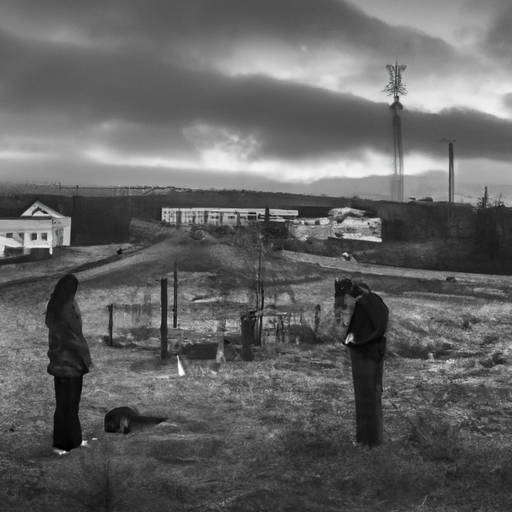The Ongoing Opioid Crisis in Canada: A Close Look at Marten Falls First Nation
It seems like I’ve written extensively about the opioid crisis in Canada, and yet, it’s a topic that never grows irrelevant, as new stories continue to unfold. Today’s focus takes us to the remote community of Marten Falls First Nation. A recent APTN News report delves into the existing opioid crisis and its diverse effects in this particular region. Let’s dive in.
The Current Scenario at Marten Falls First Nation
In the face of increasing opioid addictions, deaths, crime, homelessness, and a recent wastewater spill, the community leaders of Marten Falls First Nation have declared a state of emergency. It’s a desperate call for help and a vivid display of how this crisis continues to destabilize communities across Canada.
The report shows visible regret from the First Nation’s Chief, Bruce Achneepineskum, who cites the lack of adequate healthcare facilities, resources, and addiction treatment options as part of the crisis. He hopes that by declaring a state of emergency, they can garner the attention of public health officials and law enforcement to help combat these issues.
Consequences and Efforts to Combat the Situation
The opioid crisis and the resulting surge in crime and homelessness are tearing at the social fabric of Marten Falls. More importantly, it’s draining the community of its life force as more people fall victim to opioid overdose.
Effects of the Opioid Crisis at Marten Falls
- Rising Crime: The opioid crisis has led to an increase in criminal activity.
- Increased Homelessness: Chief Achneepineskum notes an increase in homelessness due to the crisis.
- Death Toll: The report sadly reveals several deaths due to opioid overdose.
- Social Degradation: Alongside physical effects, the crisis is also causing social degradation and cultural erosion, with affected individuals isolated from traditional practices and community engagement.
Efforts to Combat the Crisis
Despite the difficulties, action is being taken. Community members are trained to use Naloxone, a medication that can block the effects of opioids and prevent overdoses. Yet, their resources are limited and overwhelmed by the scale of the crisis.
The opioid class action, a joint lawsuit initiated in 2021 by various Canadian provinces and territories against opioid manufacturers and distributors, is another significant effort. While it is a nationwide effort, the outcome of this lawsuit will undoubtedly have a direct impact on communities like Marten Falls.
Looking Ahead
As Chief Achneepineskum stated, the declaration of a state of emergency is just the beginning. The multi-faceted nature of any opioid crisis requires a comprehensive strategy, more healthcare facilities, resources and sustainable treatment options. The story of Marten Falls First Nation is not an isolate case, it’s indicative of the pressing need for greater government intervention to tackle the opioid crisis in Canada.
In Conclusion
The opioid crisis is devastating communities across Canada, and Marten Falls First Nation is just one among them. Left unchecked, this crisis could lead to irreversible damage to the cultural, social, and economic fabric of affected areas. As we discuss the state of affairs in Marten Falls, we need to remember that these issues are not confined to one community. They are widespread, and it’s time we treat them with the urgency they demand.
There is hope on the horizon, with ongoing efforts such as the opioid class action and more communities getting armed with naloxone. But a lot more needs to be done. It’s a call for everyone—governments, stakeholders, and ordinary citizens—to come together and act decisively to stem the tide of this crisis.


